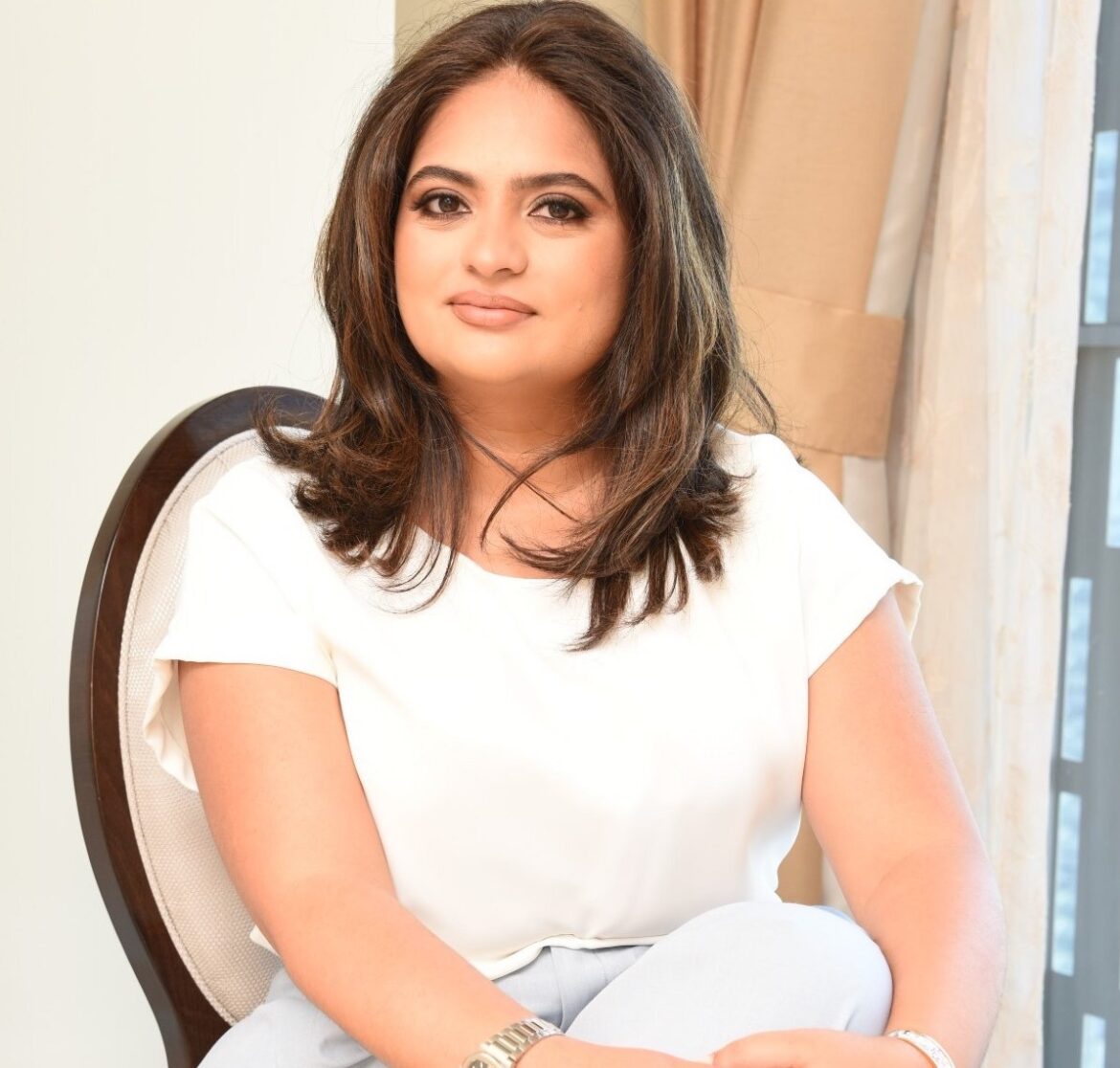Globally, we are seeing a rise in the ‘conscious consumer’. These shoppers prioritise environmental and social impact and analyse not only products’ sustainability credentials but also the credentials of the companies that sell them.
In the beauty world, this is translating into greater demand for natural, plant-based derived ingredients in products that don’t harm us or the planet.
This trend is emerging in the Middle East, too and although at a slightly slower pace, we’re beginning to see sustainable beauty platforms pop up catering to the demand for clean, green and blue beauty.
MissPalettable is one of them. Founded in 2017, the conscious beauty retailer sells products from like-minded beauty brands, offering everything from aloe vera-infused eye creams to vegan lipsticks.
ESG Mena spoke to Mukta Purain, Co-Founder of MissPalettable, to learn more about the rise of sustainable beauty and the company’s mission to make it accessible to all.
Mukta, tell me about how MissPalettable prioritises sustainability within its operations.
We are constantly working on improving our sustainability within this industry. We try and avoid plastic in our packaging. We use recyclable boxes for packaging, and we pack the products in fabric, which can be upcycled in many ways. When we rebranded, we decided to keep sending our boxes with our old branding, because it didn’t make sense for us from a sustainable point of throwing them away and purchasing new boxes. We also work with brands who are conscious about their packaging and sustainability. “Avvai Beauty” is a homegrown brand that has been very conscious of their packaging. We also have “Boucleme”, which focuses on bioplastic packaging and plants a tree for every product sold.
As a conscious beauty platform, can you tell me about what clean beauty means and its environmental impact?
Clean beauty means different things to different businesses. Unfortunately, there isn’t a distinct definition for clean beauty. We like to look at clean beauty as brands that are more conscious about all parts of the beauty experience. From formulating with ingredients that are non-toxic to packaging, transparency and mission-driven. These brands help protect the environment by opening up conversations about the industry and bringing up issues that your bigger brands will never do.
I’ll take “Boucleme” as an example. “Boucleme’s” formulation is plant-based because the founder didn’t feel comfortable using the larger hair care brands available for her children’s hair. The packaging of the products is bioplastic instead of traditional plastic, which will decompose. Additionally, they have a mission to give back to the planet and it’s in their CSR to plant a tree for every bottle they sell.
Do you project an uptick in demand for sustainable beauty products in the region?
We are still in very early stages in this region. Awareness is growing, but it hasn’t reached the point where the market is switching extensively. I am hopeful that we are heading towards more and more demand for sustainable options. With COP 28 and the government push on sustainability, I believe we will get there soon.
How can consumers be encouraged to turn to local brands that are embracing clean and sustainable beauty options?
What’s great right now is that we are seeing more homegrown brands come up. I believe we should support the local brands because, at the end of the day, it doesn’t matter how sustainable the brands are. If you have to ship the products here, the carbon footprint is a problem. For us as a retailer, we are looking more and more at homegrown brands because of this. We’d rather promote brands that are local than import brands from overseas.
What are some of the biggest challenges you’re encountering as a platform?
Our biggest challenge is education and awareness. A big misconception is that clean beauty is expensive. We are very conscious of working with brands that are affordable, as we understand that a large portion of the population here does not necessarily want to purchase luxury beauty products.
And how does MissPalettable keep in touch with and engage with its customers?
We speak to our customers regularly. Whether it’s on social media, e-mails or messages. A lot of times, our customers tell us which brands and products they would like to see more of on our website. One example of this is our recent brand launch, “Doterra”. We noticed many of our customers were looking for “Doterra” on our website. That’s when we decided to reach out to the brand. We periodically put out surveys for our customers as well for feedback and how we could improve our store and offerings.




